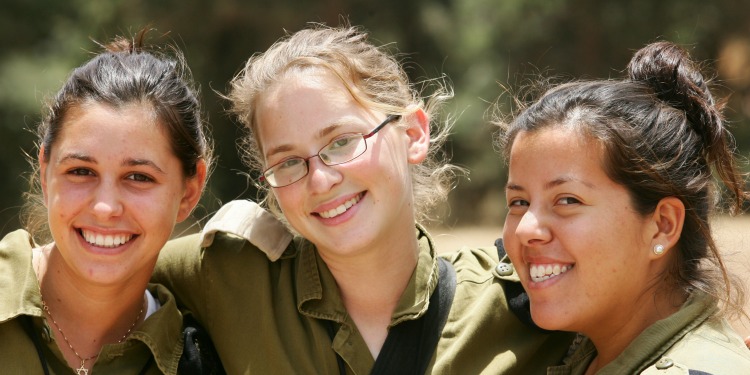Taking Time to Care
The Fellowship | December 7, 2017

So he asked Pharaoh’s officials who were in custody with him in his master’s house, “Why do you look so sad today?” — Genesis 40:7
The Torah portion for this week, Vayeishev, which means “and he lived,” is from Genesis 37:1—40:23, and the Haftorah is from Amos 2:6—3:8.
One time, a noted rabbi in the 19th century was delivering a lecture on the importance of greeting every person kindly and showing interest in his or her welfare. The rabbi said to his students, “Suppose there was a person who stood outside the doors of our synagogue and poured a glass of milk for every person who passed by. We would probably think that person was an exceptionally kind individual. And we would be right.”
The rabbi continued, “But do you know what? The sages taught that there is something even greater than handing out glasses of milk and the like. It’s giving a greeting and a smile.” The rabbi referenced an excerpt from Genesis 49:12 that says, ” . . . his teeth whiter than milk.” Smiling (showing the whites of our teeth) and greeting others is even greater than sharing a glass of milk.
The story of Joseph, which we begin in this week’s Torah portion, is a story of apparent serendipitous occurrences and divine providence. Seemingly unrelated events line up to catapult Joseph from prison to royalty, allowing him to provide for the entire nation of Israel during a severe famine. Still, we can point to one particular moment that most dramatically shaped the direction of Joseph’s life — the moment when Joseph interpreted the dreams of the Pharaoh’s ministers who were in prison with him. It was that defining moment that ultimately brought Joseph to Pharaoh’s attention. And that event only occurred for one reason: Joseph woke up one morning and noticed that his fellow inmates looked downcast – and he cared enough to ask them about their well-being.
How many times have people asked us how we are doing, but they don’t really want to hear the answer? How many times have we noticed a friend, a co-worker, or even a family member who looks a little down, but we don’t have the time to ask and hear what’s really bothering them? We rush through our lives, always thinking about the seemingly more important things we have to be doing. However, the story of Joseph teaches us never to underestimate the importance of a greeting and a smile.
“Why do you look so sad today?” Joseph asked the baker and the cupbearer, and he really did want to know. Joseph took the time to lend an empathetic ear. He did what he could to help. In the end, Joseph helped not only the officers, but himself and the entire nation of Israel.
Today, set aside some time to talk to someone in need. Share a smile and lend an ear – it doesn’t cost anything. This, too, is kindness; this, too, is time well spent. And who knows? This may be our greatest moment of all.
